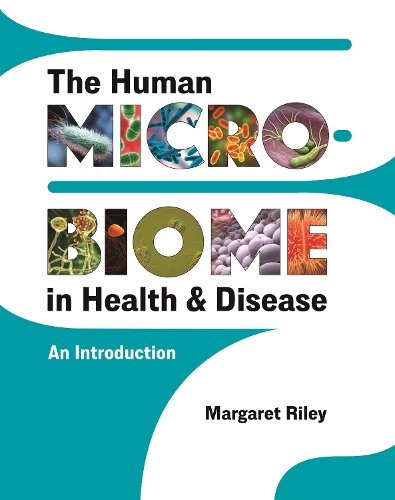
The Human Microbiome in Health and Disease: An Introduction
(Paperback)
Publishing Details
The Human Microbiome in Health and Disease: An Introduction
By (Author) Professor Margaret Riley
Princeton University Press
Princeton University Press
18th March 2026
United States
Classifications
Tertiary Education
Non Fiction
Physical Properties
Paperback
472
Width 216mm, Height 279mm
Description
How the trillions of microbes in our bodies influence nearly every aspect of our health
Each of our bodies is home to trillions of microorganisms that shape our health, prevent disease, and influence conditions ranging from depression to allergies. This book offers a detailed look at how our microbial inhabitants-known as the microbiome-affect almost every facet of our health. It takes readers from the microbiome's primordial origins and their symbiosis with humans to the latest microbiome research, utilizing real-world case studies and current clinical insights to show how shifts in the microbiome can play a role in obesity, autoimmune disorders, depression, and other conditions. Each chapter incorporates cutting-edge research findings, exploring both traditional and new therapeutic approaches to restoring microbiome balance. The text emphasizes the interactions between diet and microbiome health, showing how personalized dietary choices can serve as preventive and therapeutic tools, and describes emerging microbiome-based diagnostics and treatments.
Fills the need for an introductory textbook on the human microbiome
Presents complex information in an accessible way, with illustrations, summaries, and key takeaways
Integrates research and examples
Draws on the author's years of undergraduate teaching experience
Author Bio
Margaret Riley is professor in the Biology Department at the University of Massachusetts Amherst. She is the coauthor of Empowering UnderrepresentedStudents in Science: STEM Students Speak, the editor of Research and Applications in Bacteriocins, and the coeditor of Current Knowledge and Future Prospects and Bacteriocins: Ecology and Evolution). Riley has published over 100 research articles related to antibiotic resistance and the discovery of novel antimicrobials.
